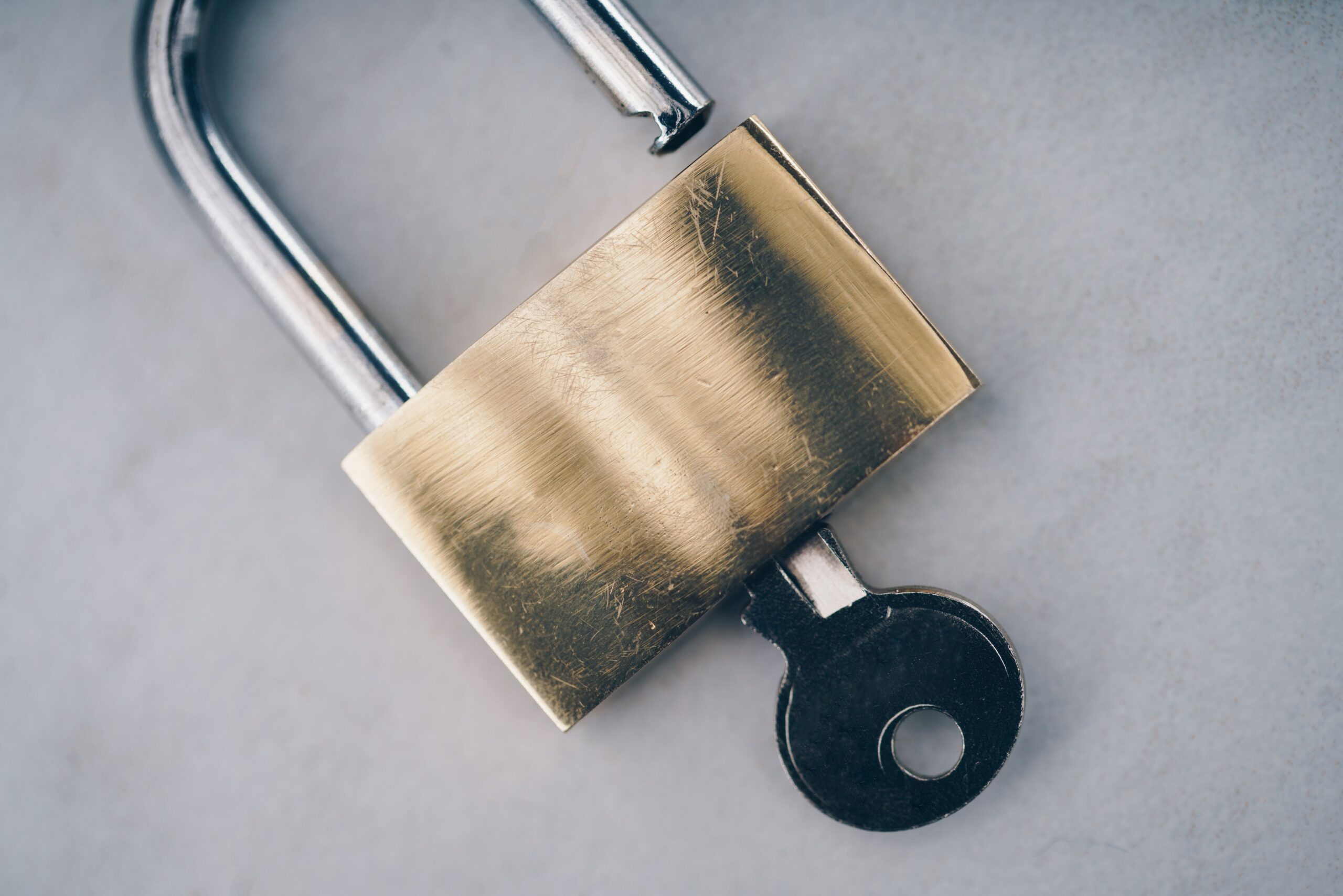
Protecting PII and the Consequences of its leaking
In an increasingly digital world, the protection of Personally Identifiable Information (PII) has become a critical priority for individuals, businesses, and governments alike. PII includes any data that can be used to identify an individual, such as names, addresses, phone numbers, and financial information. In Australia, safeguarding this information is not only a legal obligation but also a crucial aspect of maintaining public trust and ensuring the security of personal and financial well-being. This article delves into why protecting PII is essential and the potential repercussions of a PII leak in Australia.
In Australia, the protection of PII is mandated by the Privacy Act 1988, which outlines strict guidelines on how personal information should be collected, used, and stored. Organizations that fail to comply with these regulations face significant penalties, including fines and legal action. Protecting PII is thus essential for legal compliance and
For businesses, protecting customer data is a cornerstone of building and maintaining trust. When customers share their personal information, they expect it to be handled with the utmost care. A breach of this trust can lead to a loss of customer confidence, damage to the brand’s reputation, and ultimately, a loss of business. Ensuring robust PII protection measures helps companies preserve their reputation and foster long-term customer loyalty.
One of the most severe consequences of PII exposure is identity theft. Cybercriminals can use stolen PII to commit fraud, open unauthorized bank accounts, apply for loans, or engage in other illicit activities. Protecting PII is vital to preventing such crimes and safeguarding individuals from financial loss and the distress associated with identity theft.
PII protection is also a matter of national security. Sensitive personal information in the wrong hands can be exploited for espionage, terrorism, or other activities that threaten national security. Therefore, protecting PII is integral to the broader framework of national defense and public safety.
Organizations that fail to protect PII and experience data breaches can face hefty financial penalties under Australian law. The Office of the Australian Information Commissioner (OAIC) has the authority to impose fines on entities that violate privacy regulations. These penalties can amount to millions of dollars, depending on the severity of the breach and the level of negligence involved.
Beyond financial penalties, organizations may also face legal actions from affected individuals. Victims of data breaches can file lawsuits seeking compensation for damages caused by the leak. Legal battles can be lengthy and costly, adding to the financial burden on the organization and further tarnishing its reputation.
When PII is leaked, the immediate consequence is a loss of customer trust. Customers who feel their personal information is not safe with a business are likely to take their business elsewhere. The long-term impact on customer relationships can be profound, with the potential for a significant decline in sales and market share.
A data breach can lead to substantial operational disruptions. Organizations may need to shut down systems, conduct extensive investigations, and implement new security measures. The time and resources required to address the breach can divert attention from core business activities, leading to productivity losses and operational inefficiencies.
For individuals, the leakage of PII can have devastating personal impacts. Victims may suffer financial losses, emotional distress, and a prolonged battle to restore their identity and creditworthiness. The personal toll of such breaches underscores the importance of stringent PII protection measures.
Protecting PII is not just a legal requirement but a fundamental responsibility that organizations and individuals must prioritize. The consequences of failing to safeguard personal information are severe, ranging from financial penalties and legal repercussions to loss of trust and operational disruptions. In Australia, robust PII protection is essential to maintaining legal compliance, fostering trust, preventing identity theft, and ensuring national security. As the digital landscape continues to evolve, the importance of protecting PII will only grow, making it imperative for all stakeholders to commit to stringent data protection practices.
